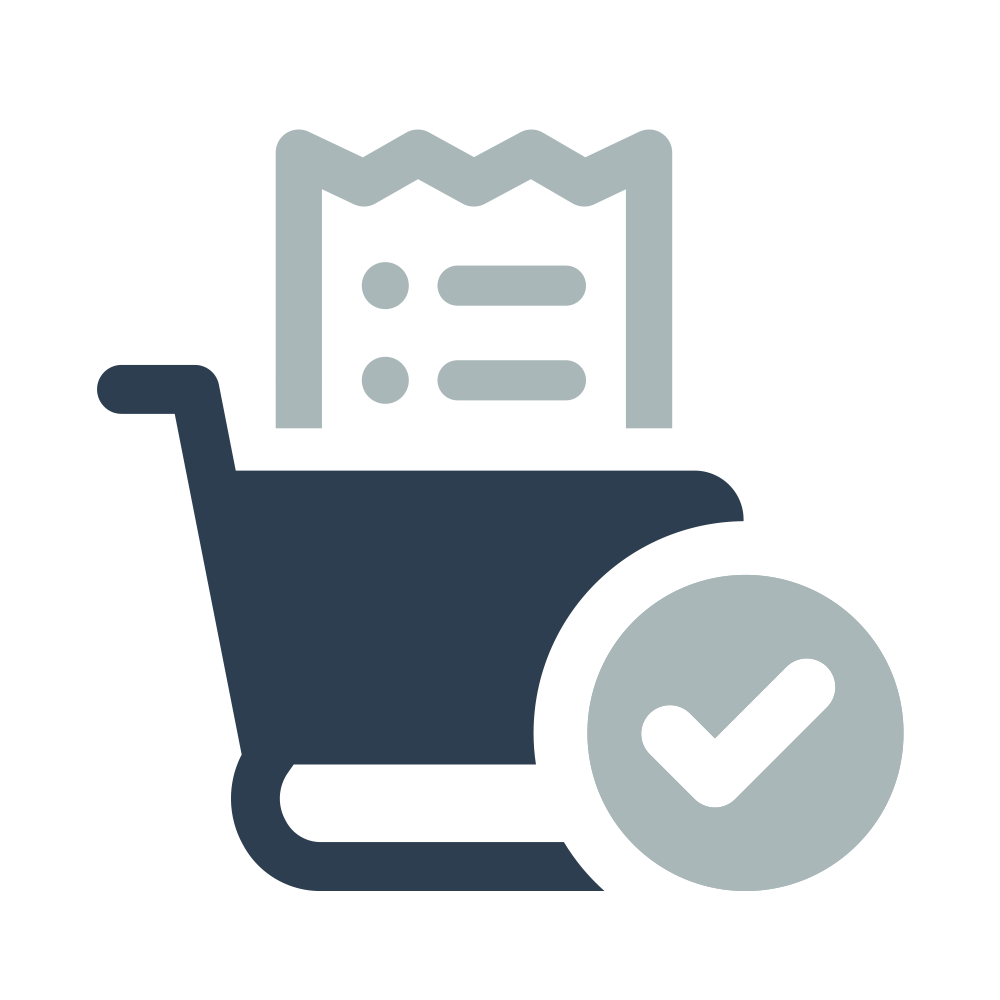In the world of science and industry, precision is not just a preference—it’s a necessity. Whether you're running a high-tech laboratory or managing a complex industrial process, controllers and gauges are the unsung heroes that ensure everything runs smoothly, safely, and efficiently.
What Are Controllers and Gauges?
- Controllers are devices that regulate variables such as temperature, pressure, flow, or humidity. They receive input from sensors and adjust outputs to maintain desired setpoints.
- Gauges are instruments used to measure and display physical quantities like pressure, temperature, or vacuum levels, providing real-time feedback for monitoring and diagnostics.
Key Features of Modern Controllers and Gauges
-
High Accuracy and Sensitivity
- Essential for maintaining tight tolerances in lab experiments and industrial processes.
- Digital controllers offer PID (Proportional-Integral-Derivative) control for precise adjustments.
-
Real-Time Monitoring
- Gauges provide instant visual feedback, while controllers can log data for trend analysis and quality control.
-
Automation and Integration
- Many controllers can be integrated into SCADA or PLC systems for centralized control and automation.
- Smart gauges with digital outputs can feed data directly into monitoring software.
-
Safety and Compliance
- Controllers can trigger alarms or shut down systems if parameters exceed safe limits.
- Gauges help ensure compliance with industry standards and regulatory requirements.
-
Durability and Environmental Resistance
- Industrial-grade devices are built to withstand harsh environments, including high temperatures, corrosive chemicals, and mechanical vibrations.
Applications Across Industries
-
Laboratories
- Maintaining stable temperatures in incubators or ovens.
- Monitoring vacuum levels in analytical instruments.
- Controlling gas flow in chemical reactions.
-
Industrial Settings
- Regulating pressure in pipelines and reactors.
- Monitoring temperature in furnaces and kilns.
- Ensuring consistent flow in manufacturing processes.
Why They Matter
Without accurate control and measurement, processes can become inefficient, unsafe, or even catastrophic. Controllers and gauges are the backbone of process reliability, product quality, and operational safety.
Choosing the Right Equipment
When selecting controllers and gauges, consider:
- Measurement range and accuracy
- Environmental conditions
- Compatibility with existing systems
- Ease of calibration and maintenance
Conclusion
In both laboratories and industrial facilities, controllers and gauges are more than just tools—they are critical components that uphold the integrity of every process. Investing in high-quality, reliable instruments is not just a technical decision, but a strategic one that pays dividends in safety, efficiency, and performance.




